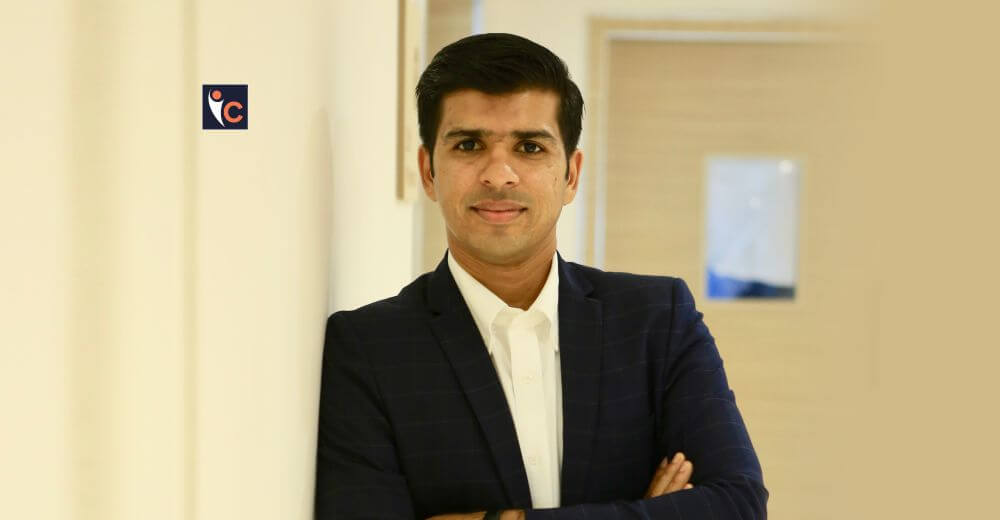The disease burden in India has changed. While infectious diseases continue to place a large burden on the public healthcare system, non-communicable diseases have started to affect a large part of our population.
Let’s look at the numbers. Non-communicable diseases account for 60% of all deaths in India. In the South East Asian region, India has more than two-thirds of deaths due to NCDs.
Non-communicable diseases largely fall into 4 categories – cardiovascular, chronic respiratory, cancer and diabetes.
While the developed world has public healthcare systems to address the needs of NCDs, we are still grappling with the extent of it.
The 80-20 Gap
There are major differences in the working of a chronic disease and infectious disease. In infectious diseases, the disease-causing agent is the cause of the disease – once which is eliminated, the disease can be cured. However, a chronic disease is a condition whose risk stays with you through most of your life.
Let’s take the example of cancer. Cancer does not have a permanent cure. Popularly, we speak about beating cancer, rather than curing it. The treatment period if very long, and through these period, patients keep going in and out of hospitals. The risk of the disease continues even after treatment.
With out focus on infectious diseases, we are equipped to handle hospital-based treatments. However, in chronic illnesses patients spend roughly 20% of their time in the hospitals. The other 80% of time is spent in various interventions based out of home. So, how will our healthcare system address this gap if we continue to focus on hospital-based treatments only?
For instance, we at Cancer Helpline have served 21,000 patients over the last two years. The calls to our helpline are never straightforward questions, but are questions related to treatment support such as managing side effects, nutritional needs, health insurance and financial support. Clearly there are very few who can help them answer these questions.
Integrative Healthcare
So, to fill this large gap that our healthcare systems have left unaddressed, we need integrative systems of healthcare. We need a community of organizations that can focus on holistic care for chronic illnesses.
We have several examples of holistic healthcare systems in the West that offer services alongside hospitals. Macmillan Cancer Support is a great model, where a team of health and social workers offer care to cancer patients both at home and in the hospital.
We need to ask ourselves the tough questions of capacity if we have to offer holistic care for NCDs. Do we have enough trained nurses, physiotherapists and social workers? Do we have a system of psychological care where cancer coaches can coach patients and families?
With 33 lakh people living with cancer in India, we have an urgent need for integrative care. Are we ready to address that?










